Internet Technology
We look to the Internet for news, socializing, shopping, research and more. From HTML code to instant messaging, we'll break down what's really going on whenever you log on, send an e-mail, visit a popular Web site or post to a blog.
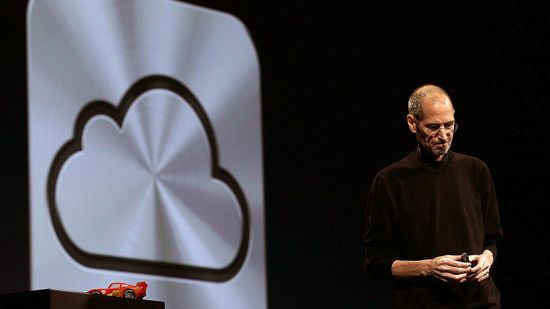
The Truth About Cloud Storage and Its Future

5 Ways to Keep Your Information Secure in the Cloud

Are my files really safe if I store them in the cloud?

Can the Internet Break From Overuse?

Could an Attack on Undersea Cables Take Down the Internet?

Constellations of Internet Satellites Will Beam Broadband Everywhere
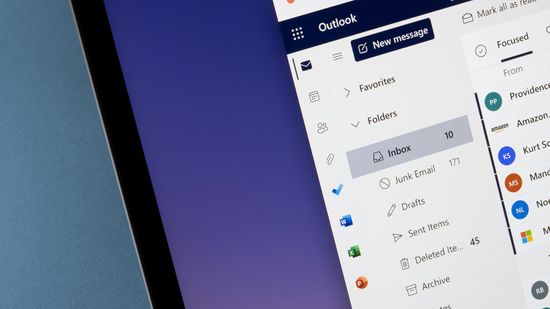
How to Recall an Email in Outlook or Gmail

What Does CC Mean in Email?

How to End an E-Mail: 21 Professional and Personal Sign-Offs

How Do Search Engines Work? All About Ranking and Bidding

How to Access the Dark Web

How to Change the Language in Google Chrome
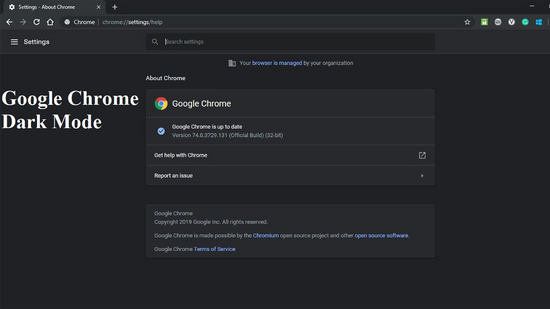
How to Enable Google Chrome Dark Mode on All Your Devices

How Websites Use 'Dark Patterns' to Trick You Online

That Dead Weblink May Be Revived With the Wayback Machine

Should You Use Facebook or Google to Log In to Other Sites?
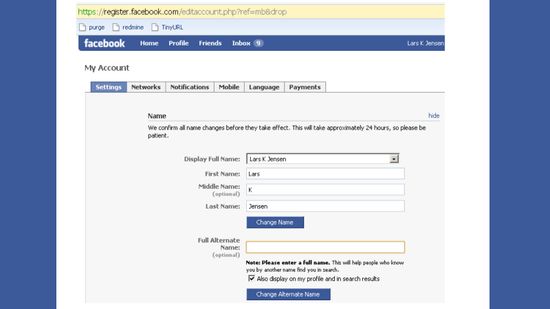
How to Change Your Name on Facebook

How to Deactivate Facebook
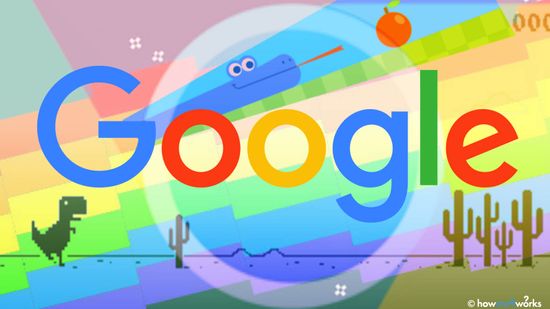
Google Easter Eggs: Sweet Treats Hidden in Plain Sight

10 Reasons Why You Should Care About Net Neutrality

WiFi Extender vs. Booster: What's the Best Choice for You?

Does Weather Mess With Your Internet Connection?
